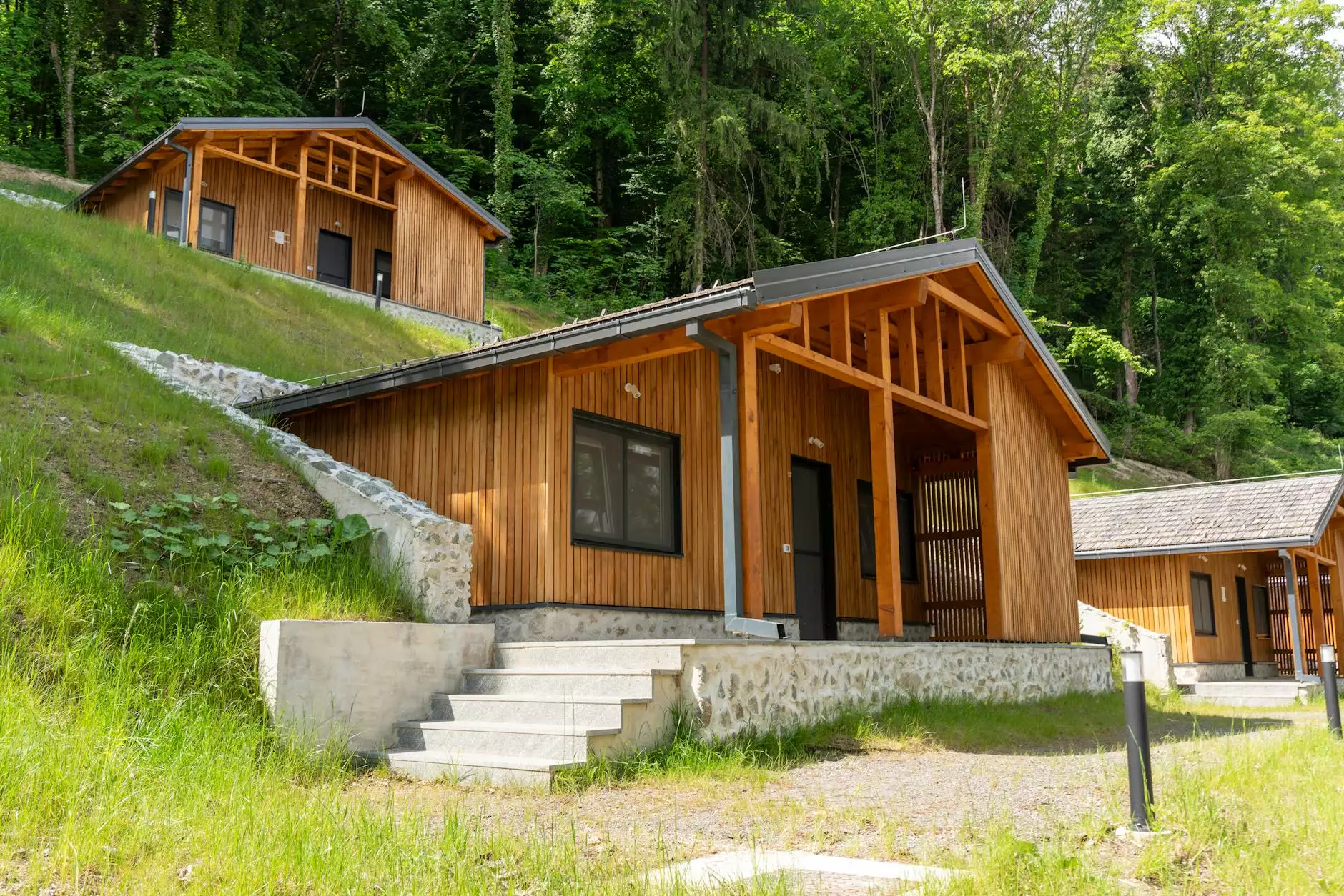Understanding JEEP SUSPENSION: Advanced Insights for Off-Road Enthusiasts

The JEEP SUSPENSION system is one of the most crucial elements of the vehicle's performance, especially for off-road enthusiasts. Whether you’re traversing rugged mountain trails or navigating through sandy deserts, the right suspension can greatly enhance your driving experience. This comprehensive guide will delve into the various aspects of JEEP SUSPENSION, offering valuable insights and practical tips that can help you make the most out of your JEEP's capabilities.
The Basics of JEEP SUSPENSION
Before we dive deeper, let's briefly cover the basics of what suspension does for a vehicle. The primary functions of a suspension system are:
- Support the Weight: The suspension system bears the weight of the vehicle, ensuring stability and balance.
- Absorb Shocks: It mitigates the impact from rough terrains, providing a smoother ride.
- Maintain Tire Contact: Good suspension ensures that the tires maintain contact with the ground for better control and handling.
- Improve Handling: A well-tuned suspension improves overall vehicle handling and responsiveness, particularly on uneven surfaces.
Components of JEEP SUSPENSION
The JEEP SUSPENSION system is made up of several key components, each playing a vital role in the overall performance of your vehicle.
1. Springs
Springs are essential in any suspension system. They absorb energy from bumps and provide a cushion that helps the vehicle maintain stability. There are different types of springs used in JEEPS:
- Coil Springs: Commonly found in most JEEPS, these provide excellent flexibility and comfort.
- Leaf Springs: Ideal for heavier loads, leaf springs are durable and provide better load-carrying capacity.
2. Shock Absorbers
Shock absorbers control the oscillation of the springs. They ensure that the vehicle doesn't bounce excessively after hitting a bump. Upgrading to high-performance shocks can significantly improve ride quality and handling.
3. Control Arms
Control arms are pivotal in connecting the vehicle body to the wheels. They allow for controlled movement of the wheels up and down while maintaining proper alignment and angle.
Types of JEEP SUSPENSION Systems
Understanding the types of suspension systems available for JEEPS is essential for making an informed decision for your vehicle's setup. The main types of JEEP SUSPENSION systems include:
1. OEM Suspension
Original Equipment Manufacturer (OEM) suspension comes with stock vehicles. While it is designed to offer a balanced ride, it may not achieve optimal performance in extreme off-road conditions.
2. Lift Kits
A lift kit is a common modification for off-road enthusiasts. It raises the vehicle's height, providing more ground clearance and allowing for larger tires. Types of lift kits include:
- Body Lift Kits: These kits raise the body of the vehicle off the frame.
- Suspension Lift Kits: They replace or adjust the suspension components and yield better off-road performance.
3. Upgraded Aftermarket Suspension
Aftermarket suspensions can significantly improve your off-road capabilities. Options such as adjustable coilovers, long arm kits, and performance shocks can be tailored to specific driving needs.
Benefits of Upgrading Your JEEP SUSPENSION
Investing in a quality suspension system upgrade can result in numerous benefits:
- Enhanced Off-Road Capability: With a better suspension setup, you can tackle more challenging terrains with confidence.
- Improved Ride Quality: Upgraded suspension parts often lead to a smoother ride, even on rough terrains.
- Better Handling and Stability: A refined suspension system allows for improved control during high-speed maneuvers.
- Customizability: Many aftermarket options enable you to customize your suspension according to your specific needs and preferences.
Choosing the Right JEEP SUSPENSION for Your Needs
When it comes to choosing the right JEEP SUSPENSION, several factors should be considered:
1. Type of Driving
Are you mostly on-road, off-road, or a combination of both? Understanding your primary driving conditions will guide your choice in suspension systems.
2. Vehicle Weight and Load Capacity
Consider how much weight your JEEP will carry, including any modifications or accessories. Ensure that the suspension you choose can support this weight effectively.
3. Desired Ride Comfort
While off-road and performance are usually prioritized, comfort should also be a consideration, especially for daily drives.
Caring for Your JEEP SUSPENSION
Regular maintenance of your JEEP SUSPENSION is crucial for longevity and performance. Here are some tips:
- Regular Inspections: Check for signs of wear and tear or leaks in the shock absorbers.
- Proper Alignment: Ensure your wheels are properly aligned to avoid unnecessary wear on your suspension.
- Quality Components: Use quality parts for any replacements or modifications. Investing in high-grade parts can save you money in the long run.
Conclusion: Optimize Your JEEP Experience with the Right Suspension
Understanding the ins and outs of JEEP SUSPENSION can make a significant difference in your overall driving experience. Whether you're an avid off-roader or someone who enjoys the occasional adventure, investing in the right suspension system tailored to your needs is a wise decision. By following the guidelines laid out in this article, you can ensure that your JEEP performs at its best, ready to take on any challenge the great outdoors throws at you.
For expert advice and high-quality parts, visit offroad-zone.com, where you can find everything related to automotive performance, auto parts, and dedicated auto repair services tailored for your JEEP.









